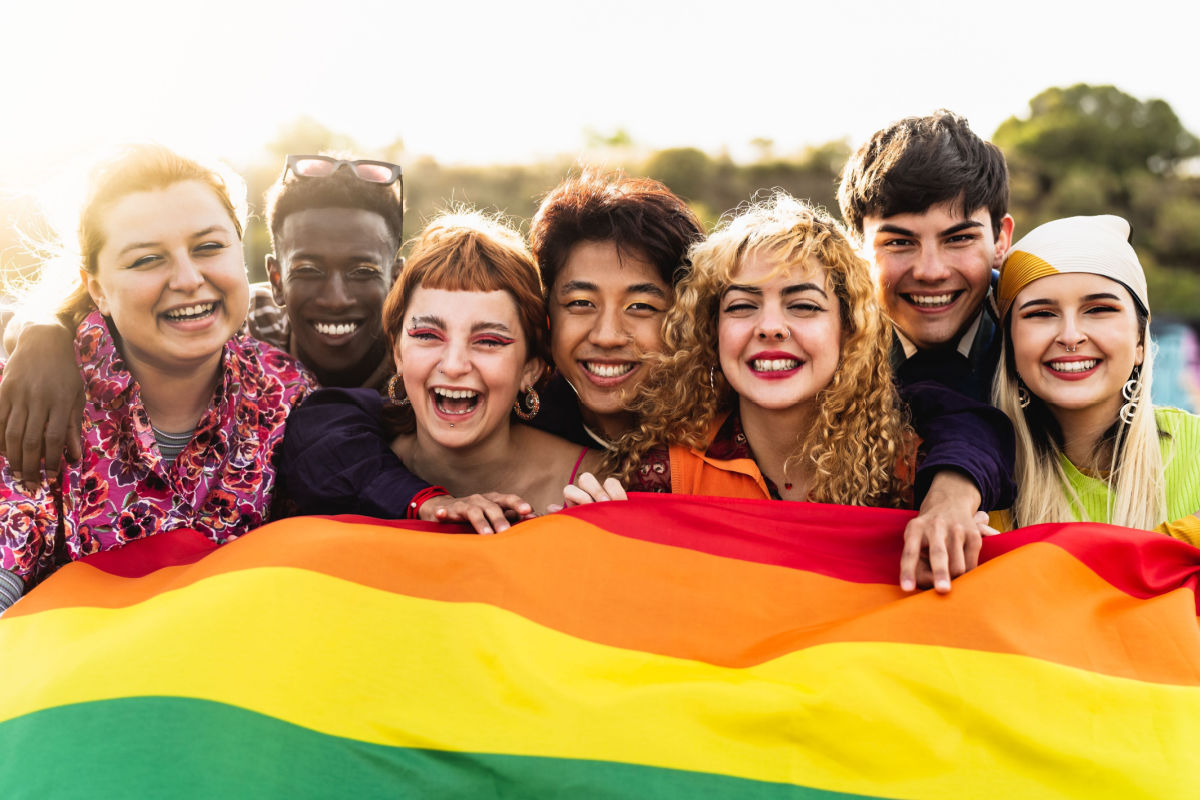There’s no doubt that problem gambling can affect people of all genders, ages, ethnicities, sexual orientations, socioeconomic backgrounds, and walks of life. However, not all problem gamblers share the same risk factors. For instance, research shows that men who gamble have different tendencies than women who do, lower-income people are more likely to purchase lottery tickets, and military personnel are more vulnerable to problem gambling than civilians.
One surprising factor that might affect your likelihood of developing a gambling problem is your sexual orientation, gender identity, or a combination of the two. The possible connections are complex, and the research so far is relatively limited, but the topic remains essential and needs to be explored. Here’s what you should know about problem gambling and the LGBTQ+ community.
Mental Health Matters
Multiple studies and surveys have found that LGBTQ+ people are more likely to struggle with mental health conditions such as anxiety and depression. Many prominent sociologists and psychologists have theorized that this increase in mental health problems may be caused by a combination of peer exclusion, social inequality, and internalized self-hatred, among other complex and nuanced factors.
To make a bad situation even worse, some LGBTQ+ people seeking help end up directed to conversion therapy, a notably abusive and ineffective “treatment” that ignores an individual’s actual distress in favor of “normalizing” their gender identity or sexuality.
What do you get when you combine unaddressed mental and behavioral health struggles, poor self-esteem, fear of judgment, and limited access to LGBTQ+-friendly healthcare? This toxic combination can open the door for a lot of issues — including problem gambling.
Of course, identifying as a member of the LGBTQ+ community doesn’t automatically make you a problem gambler, but research does indicate that some LGBTQ+ people are more susceptible to problem gambling. This information aligns with similar research about gambling and mental health.
The Pinkwashing Problem
“Pinkwashing” occurs when organizations (usually corporations) use LGBTQ+ themes in their marketing in a performative way so that they can appear diverse and inclusive. Meanwhile, they’re doing exceedingly little (or nothing at all) to support LGBTQ+ people or causes. For instance, as early as the 1980s and 90s, alcohol and cigarette companies attempted to capitalize on the previously untapped LGBTQ+ market to make big bucks. Thankfully, the world has come a long way since the 90s, and so have legal and social protections for LGBTQ+ people.
There’s still a long way to go, and it’s not all sunshine and rainbows (pun intended). With an increase in inclusiveness also comes an increase in people trying to make money exploiting vulnerable groups. Now, Big Tobacco and the alcohol industry aren’t the only ones trying to attract new LGBTQ+ customers.
During the past few years, casinos, sports betting apps, and mobile betting games have amped up their LGBTQ+ marketing in significant ways. For example, many sports betting sites spend millions advertising on Grindr and Scruff, which gay and bisexual men primarily use. Other gambling and sports betting websites set up tables at Pride events, giving out free swag and attempting to entice LGBTQ+ people into the world of online gambling.
Even though these companies aren’t necessarily encouraging anything other than responsible gambling, some people have argued that this specific targeting of LGBTQ+ individuals can be seen as irresponsible or even predatory.
Inclusion in Gambling Treatment
Suppose you were a twenty-something African-American woman who wanted to know how to quit gambling. Would you want to continue attending a support group if all of the literature and leadership featured only middle-aged white men? You’d probably feel out of place and unwelcome.
Even though LGBTQ+ status is often an invisible “divider” while race tends to be a visible one, this concept still applies to LGBTQ+ individuals in recovery spaces. That’s why creating welcoming and inclusive spaces for problem gambling recovery is absolutely essential. If you can’t find an LGBTQ+-friendly recovery space, making your own group isn’t a bad idea, either. After all, “if you build it, they will come!”
Find Help Today for a Better Tomorrow
No matter where you fall on the spectrum of sexuality or gender, 800-GAMBLER is here for you. Our confidential, toll-free hotline is open 24/7 and staffed by compassionate resource counselors who can connect you with helpful information and support groups near you. If you’re struggling with a gambling problem, it’s time to take back your life and happiness. Pick up the phone and give us a call at 800-GAMBLER today!



